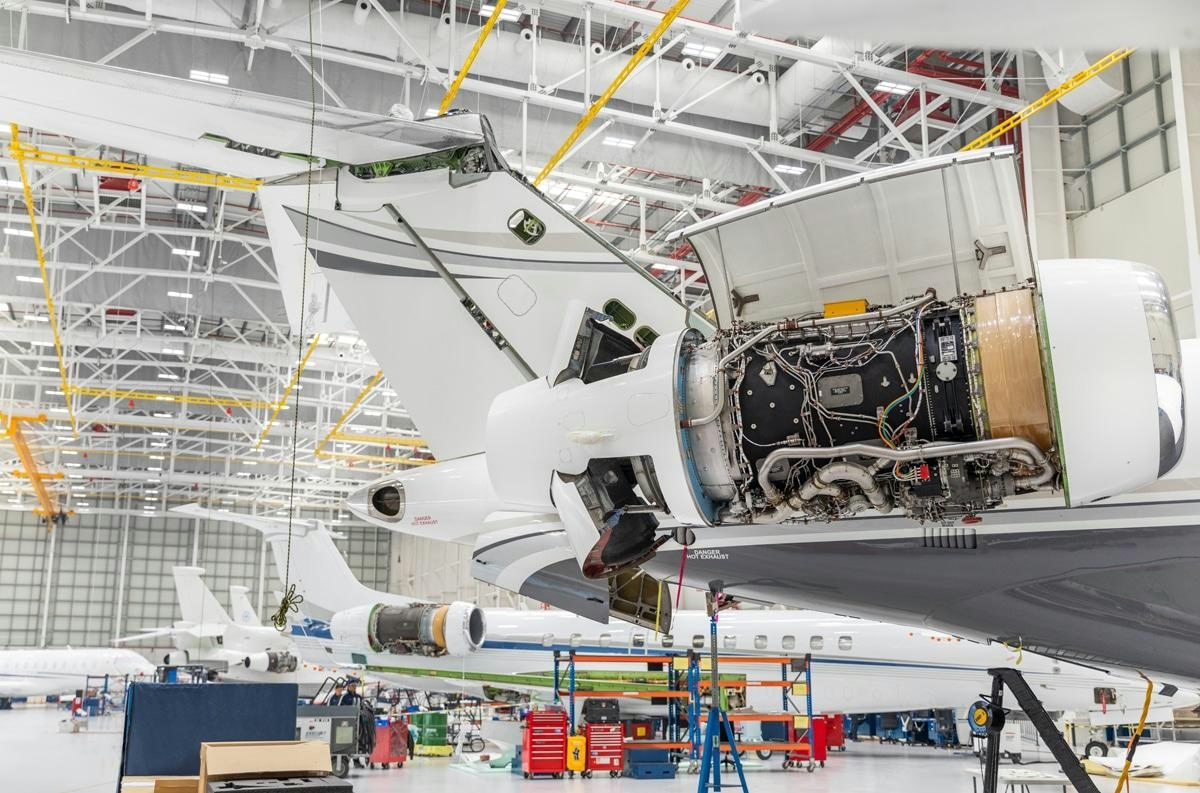
E-mails plus intelligents, affaires plus rapides. Marquage, analyse et réponse automatique aux demandes de devis, devis, commandes, etc. — instantanément.
Tendances
Categories
Rwanda Launches Africa’s First Autonomous Air Taxi Flight
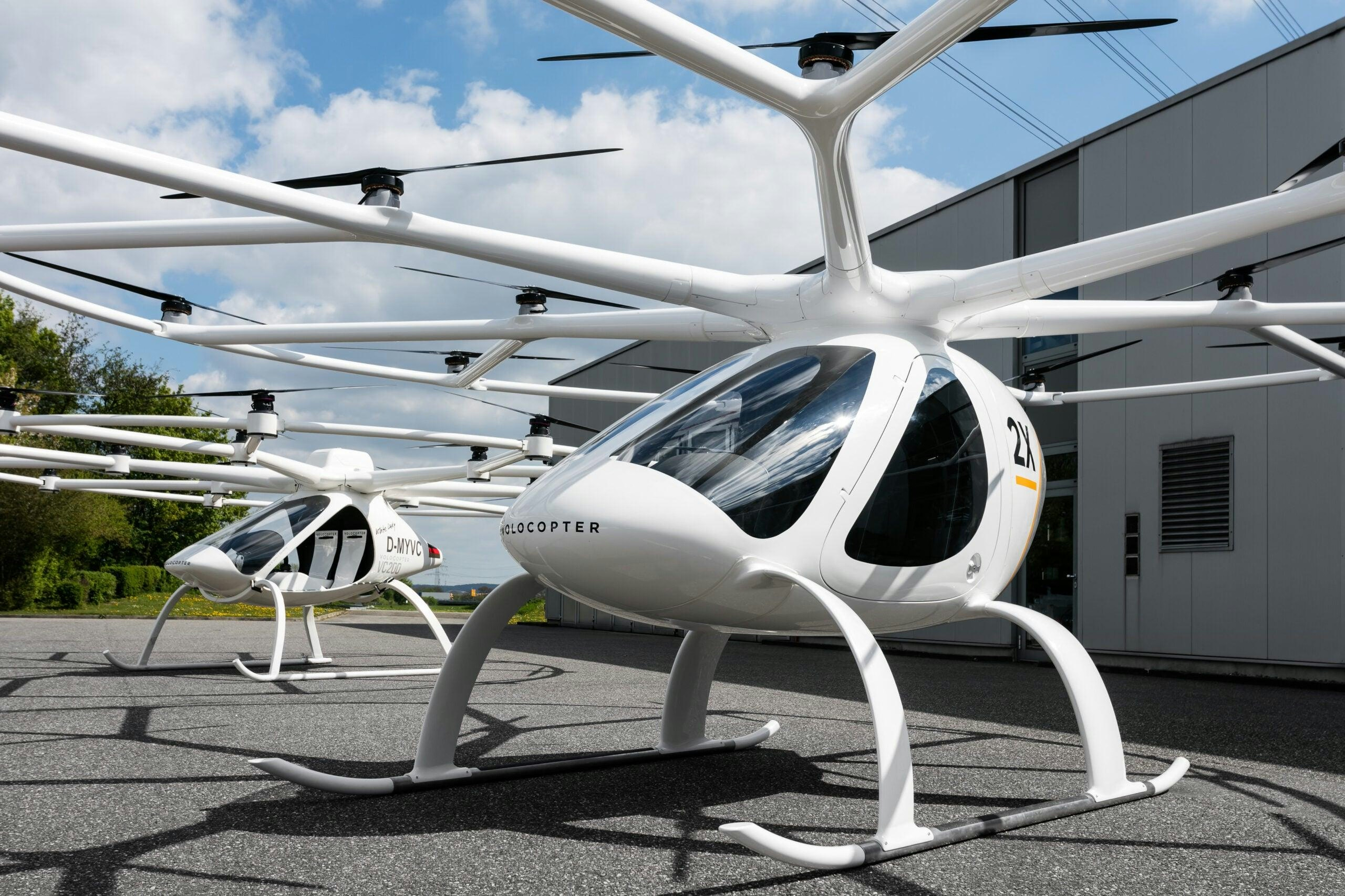
Rwanda Launches Africa’s First Autonomous Air Taxi Flight
Rwanda has achieved a historic milestone by conducting Africa’s first public flight of a self-flying electric air taxi, the government announced on Wednesday. The demonstration, carried out in collaboration with the China Road and Bridge Corporation (CRBC), showcased the EHang EH216-S, a pilotless electric vertical takeoff and landing (eVTOL) aircraft. This event positions Rwanda as a leader in the advancement of air mobility technology on the continent.
Strategic Vision and Partnership
The Ministry of Infrastructure highlighted that this initiative forms part of Rwanda’s broader ambition to establish itself as a hub for testing and deploying innovative aviation technologies. By leveraging CRBC’s global engineering expertise, Rwanda aims to cultivate a new ecosystem for advanced air mobility. The government envisions this technology as a means to alleviate urban traffic congestion, enhance connectivity to remote areas, and promote environmentally sustainable transportation solutions.
Infrastructure Minister Jimmy Gasore underscored the significance of the partnership with CRBC, stating that it provides a solid foundation for introducing cutting-edge technologies and expertise to Rwanda. He emphasized that the historic flight not only demonstrates the future potential of aviation but also reflects the country’s commitment to developing a safe and progressive regulatory framework for advanced air mobility.
Event and Future Challenges
The EHang EH216-S demonstration took place during the African Aviation Summit in Kigali, Rwanda’s capital, attracting investors and stakeholders interested in the rapidly evolving sector of advanced air mobility. While the successful flight marks a significant achievement, Rwanda faces several challenges in scaling the adoption of autonomous air taxis. These include the development of comprehensive regulatory frameworks, the management of increasingly complex airspace, and the establishment of a network of vertiports to support eVTOL operations. Addressing these challenges will require coordinated efforts among government bodies, industry partners, and international regulatory authorities.
The success of Rwanda’s autonomous air taxi flight is expected to stimulate greater interest and investment in Africa’s advanced air mobility market. It may also prompt competitors, such as Joby Aviation—which has already completed piloted eVTOL flights between U.S. airports—to accelerate their own projects in response to Rwanda’s progress.
As Rwanda continues to pioneer advanced air mobility on the continent, its experience may serve as a valuable model for other nations seeking to integrate autonomous aviation technologies into their transportation infrastructure.

Drones Could Start Home Deliveries in Kigali by Next Year
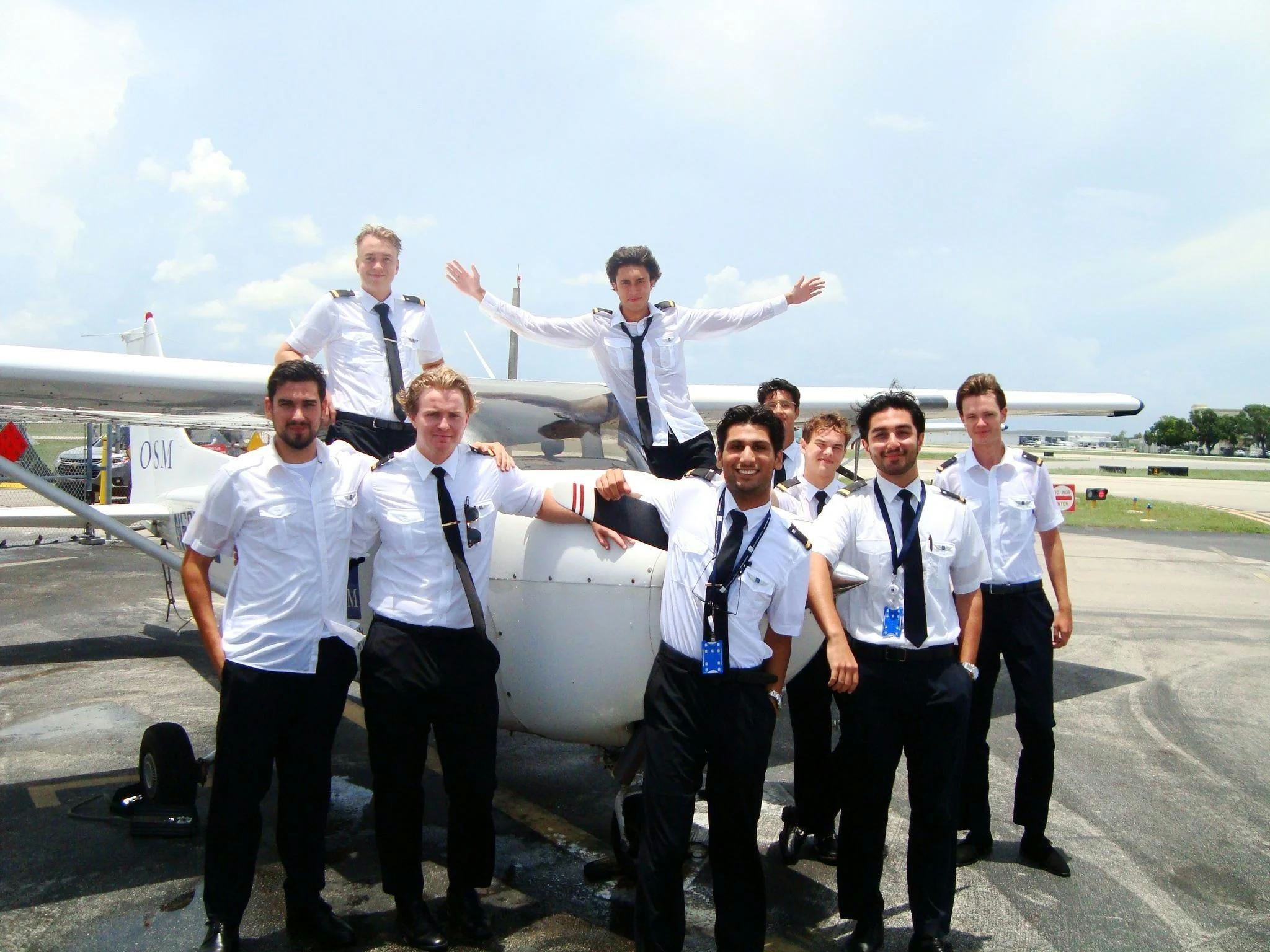
FlightLogger Expands North American Reach with OSM Aviation Academy Partnership

Putin Urges Russian Aerospace Sector to Develop Rocket Engines
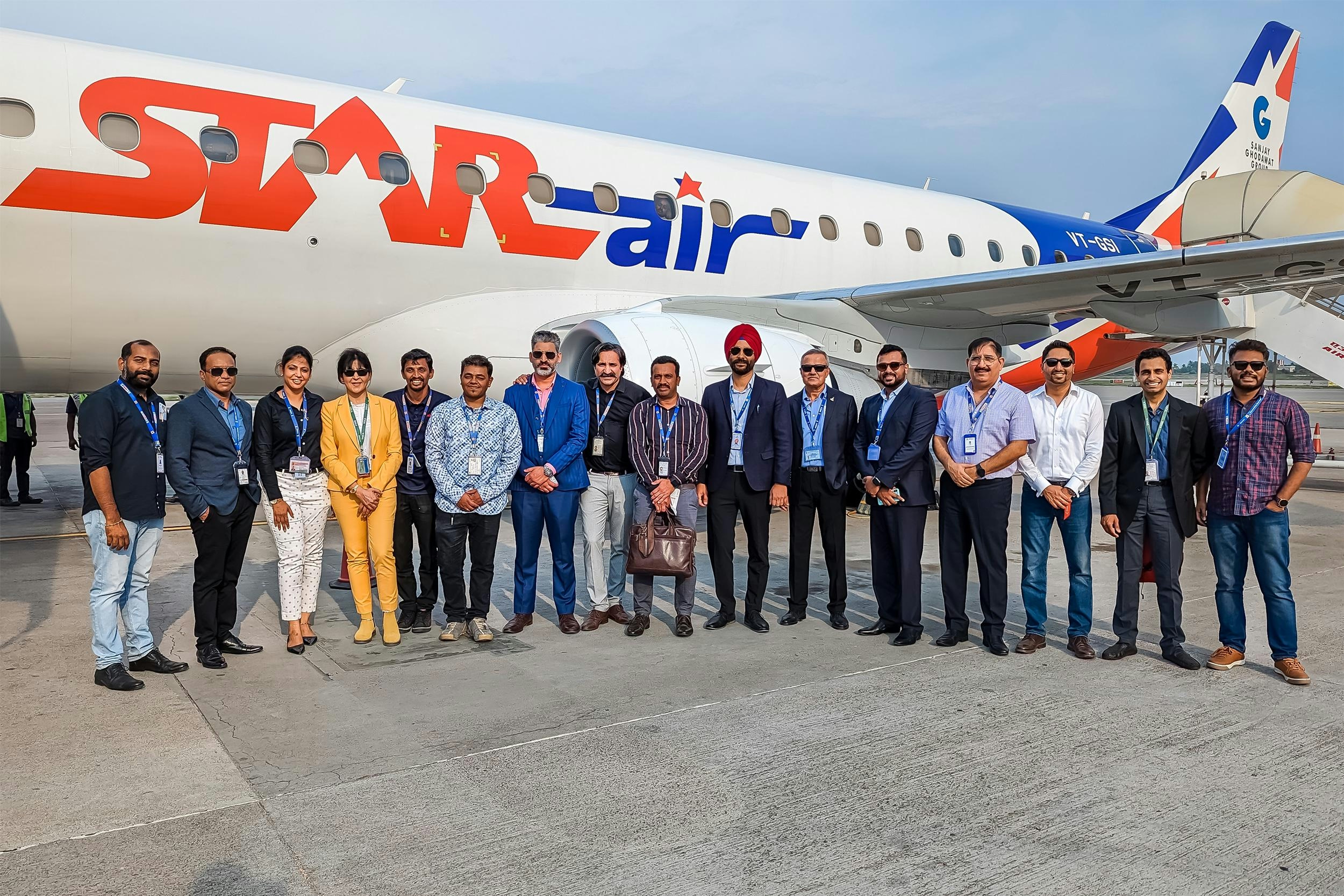
Star Air and HAL to Establish MRO Facility for Embraer Aircraft in India
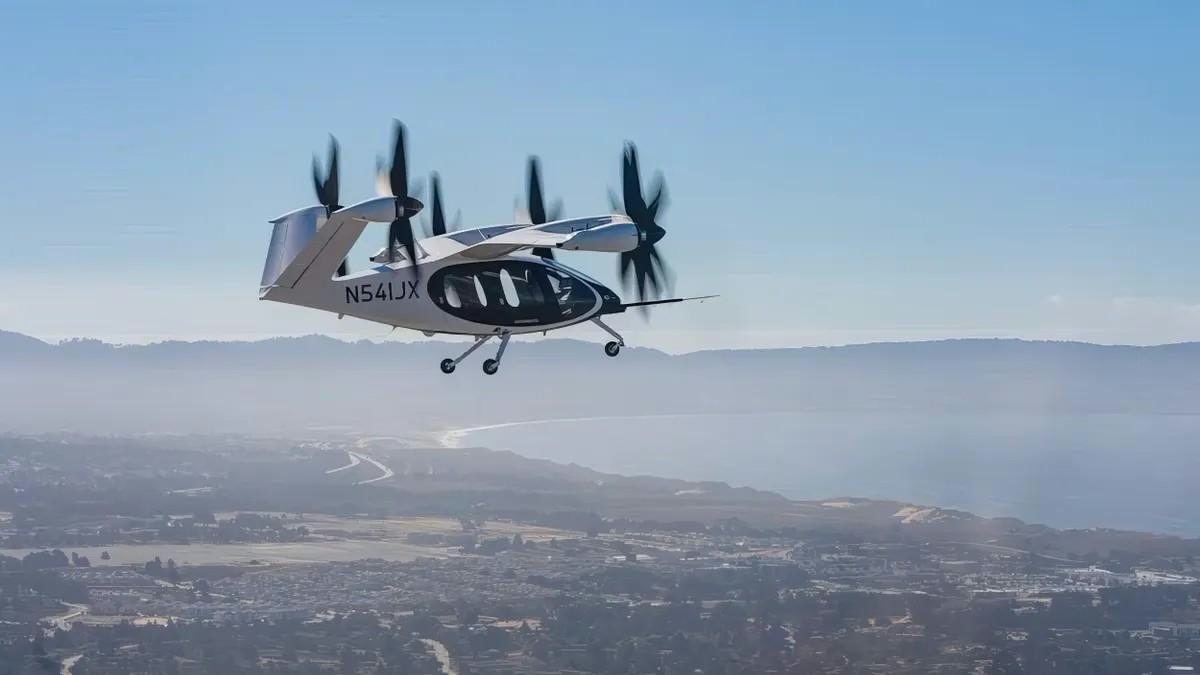
ANA and Joby Aviation Demonstrate eVTOL Flights at Expo 2025 Osaka
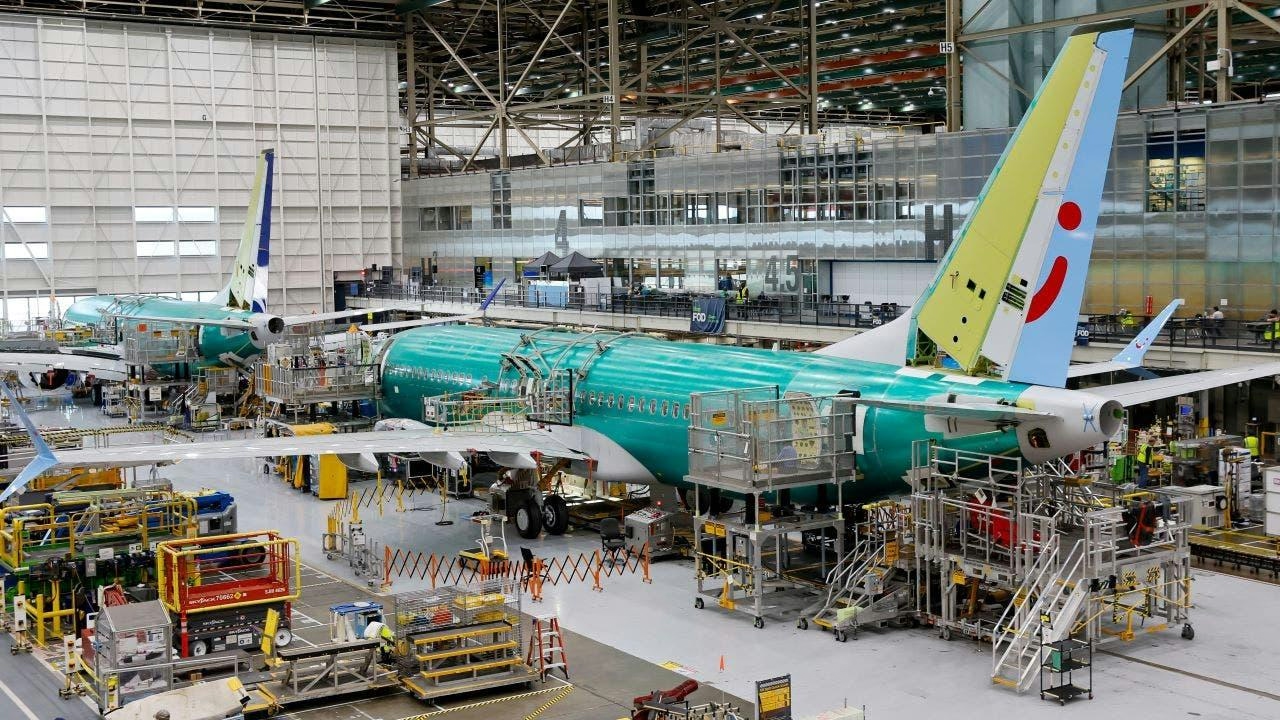
Airlines Confront Rising Labor Costs Amid Growing Use of AI

Congressional Mandates Shape Aviation Safety and Defense Technology
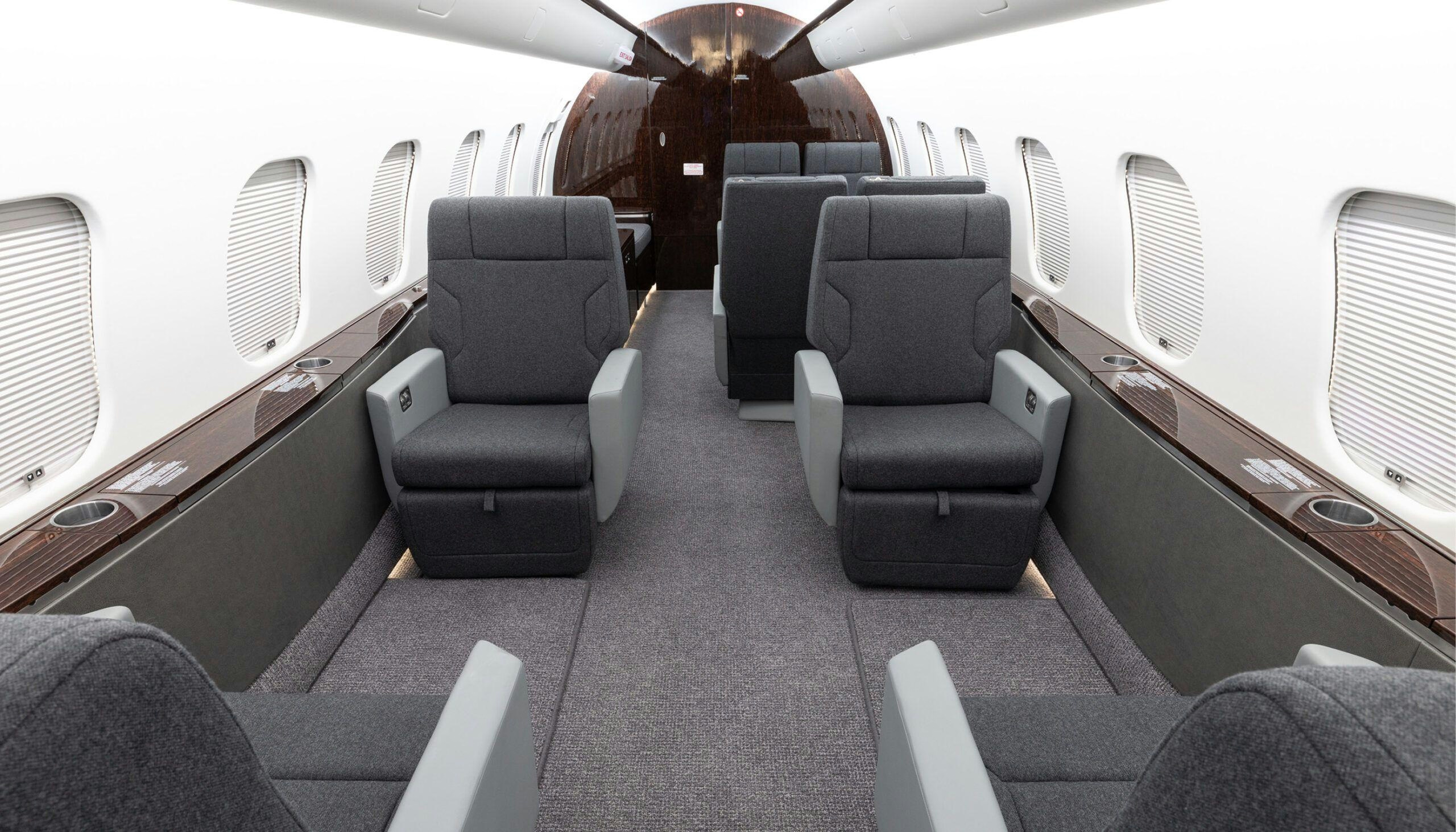
Duncan Aviation Updates GL-5000 System
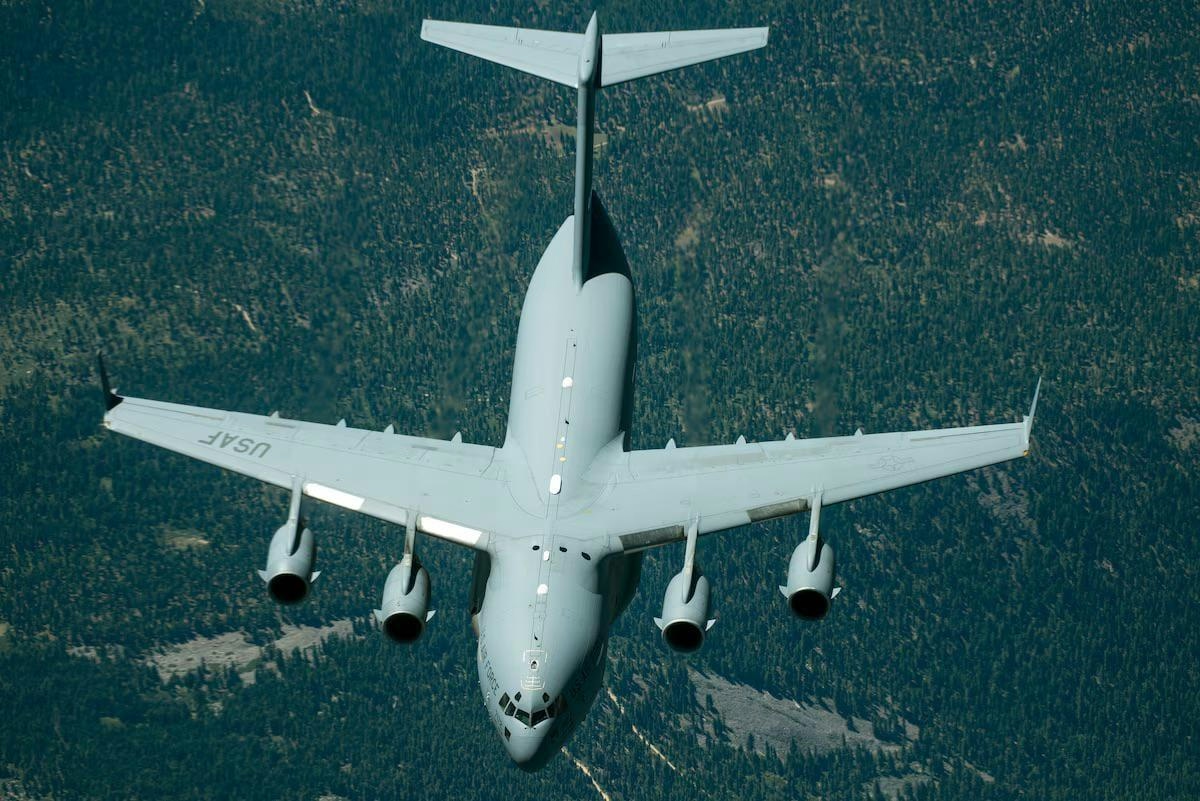
Why the C-17 Globemaster Was Designed with Four Engines
